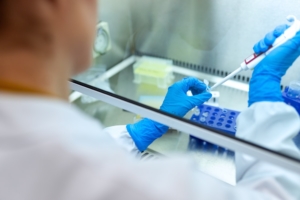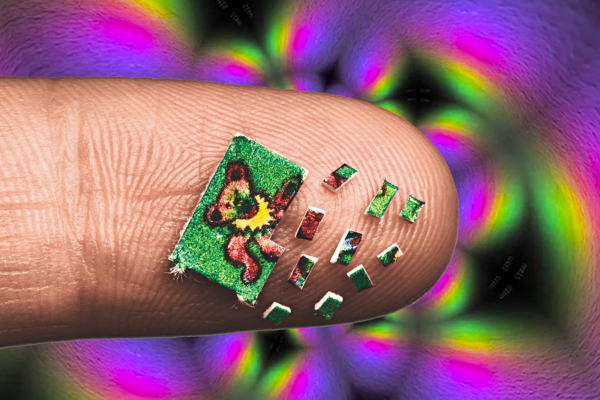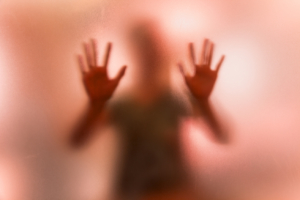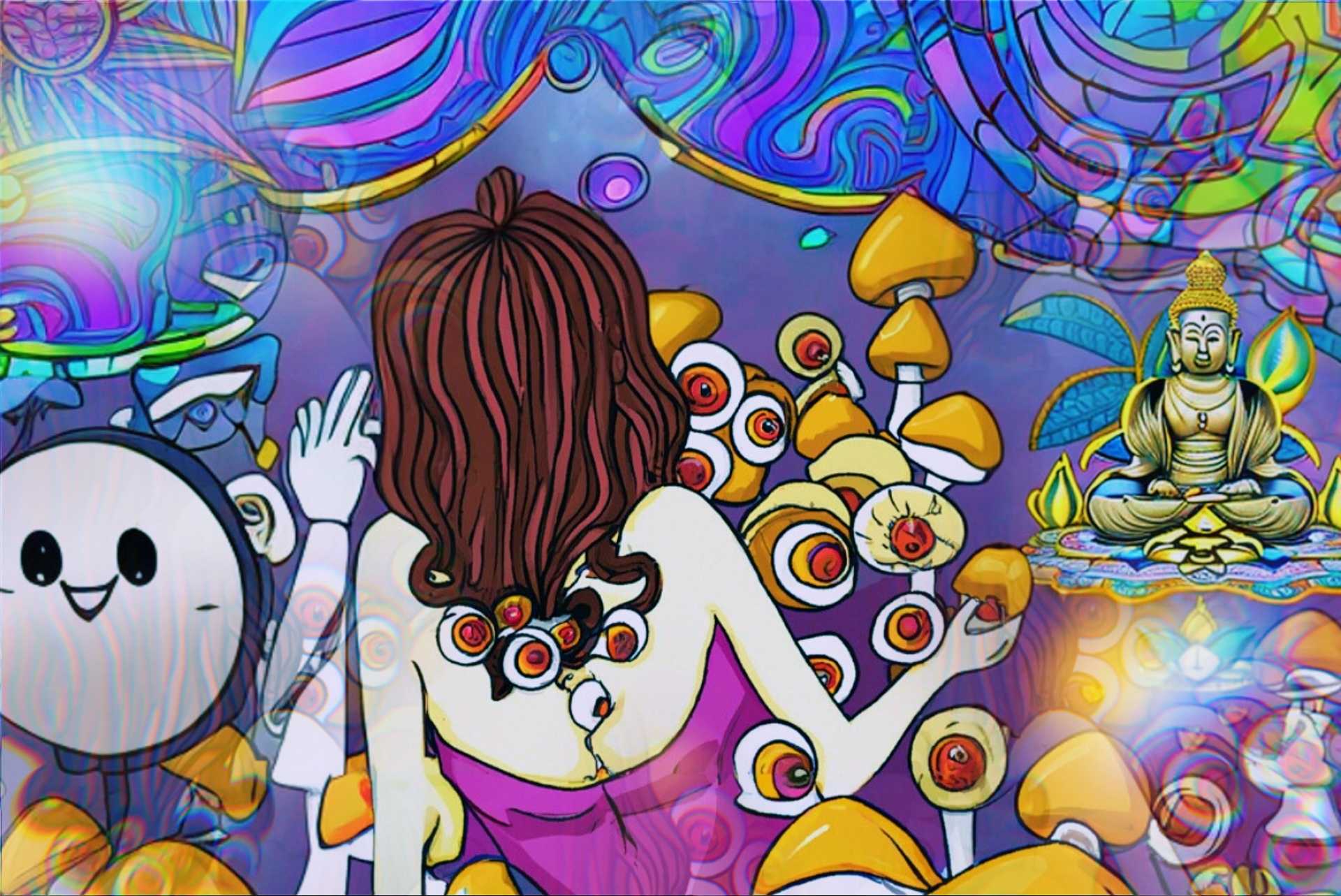
Nowadays, we are witnessing a newfound interest of people seeking to transcend their individual selves and improve their mental state as the feeling of being trapped in the matrix becomes more and more prominent. This phenomenon has caused a flood of psychedelic studies attempting to find out whether psychedelics may be used as therapeutic tools in our battle against debilitating mental health diseases.
A new study published in the International Journal of Wellbeing, aimed to examine the psychological characteristics of psychedelic users and replicate findings from past research on a larger scale, through an online survey. The researchers sought to explore a wider range of traits beyond what was measured in previous, limited in size and scope clinical studies.
The findings revealed that classical psychedelic users have “greater psychological strengths and well-being, and lower levels of distress” compared to cannabis and alcohol, and that having a self-transcendent experience is a significant predictor of positive outcomes of psychedelic use.
The paper titled “Psychedelics and Psychological Strengths” discusses findings from three studies conducted through online surveys from a total of 3,157 participants. The researchers used controls for demographic variables, subjects’ use of other psychoactive drugs, and their beliefs about the potential benefits of psychedelic substances.
The studies revealed that:
- The relationship between psychedelic use and psychological strengths was linked to the participants’ experience of self-transcendence.
- Participants with the “most robustly adaptive psychological profile” were psychedelic users who were motivated to learn and grow.
- Psychedelic users had more lifetime meditation experience, and among those who have taken psychedelics, the frequency of use was found to be positively correlated with the number of hours spent on seated meditation practice throughout their lifetime.
- Psychedelic users reported different strengths, showed less distress, and improved well-being, not accounting for their meditation practices.
While these studies did not establish causation, the findings across all three studies revealed that psychedelic users display more positive psychological traits in more categories than previous research, as well as fewer negative psychological traits. The results, however, support past research and can be used as evidence of the potential benefits of psychedelics as healing agents.
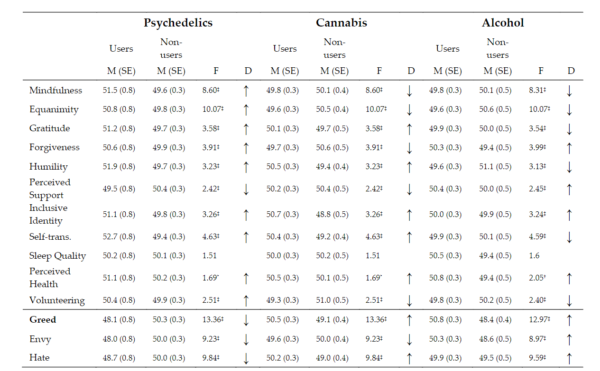
According to the researchers, second generation psychedelic research findings may be potentially positively skewed due to the fact that the recruitment of participants involved social media campaigns targeting participants with positive views of psychedelics.
To reduce potential biases in the present studies, the researchers aimed to recruit a diverse group through email and social media, finding participants with different backgrounds and views on psychedelics. The survey included questions about the users’ background and psychological traits and was approved by an ethical review board. The study used a correlational method, comparing psychedelic users to non-psychedelic users, in order to evaluate whether they can replicate the effects from previous research.
According to PsyPost, Marcello Spinella, one of the lead researchers on the study, says that there is a correlation between the use of psychedelics and higher levels of positive psychological traits such as mindfulness, gratitude, awe, self-transcendence, and kindness. Additionally, the use of these substances is associated with lower levels of negative traits such as greed, hate, and envy.
Psychedelic use was linked to mostly positive traits that improve overall well-being, while cannabis and alcohol use had mixed associations with psychological traits.
One of the most important findings is that the psychological benefits of taking psychedelics can be attributed to self-transcendence, or the feeling of going beyond one’s usual sense of self and experiencing a sense of connection or mystical sensations. In other words, the mystical experience produced under altered states of consciousness plays an important role in predicting positive outcomes of psychedelic use.
Of course, the psychonaut community on reddit may be rolling their eyes reading these results. To them, this may seem like an obvious conclusion. However, we need controlled studies to confirm and reconfirm what may seem evident to the experienced psychedelic user in order to accumulate an undeniable mountain of evidence that could be presented to the policy makers who hold the lock and key to psychedelic decriminalization and legalization.
This finding may also fuel more polarization in attitudes towards the development synthetic, non-hallucinogenic “psychedelic” compounds. We can already observe a division between those standing firmly behind the idea that the mystical experience is a necessary component of psychedelic-therapy and those claiming that there is no “one size fits all” approach. The latter maintains that the hallucinatory effects of psychedelics may not be suitable for younger individuals or older adults.
But let’s step back for a second and disregard all the socio-economic, cultural and attitudinal factors that divide us so that we can end on a positive note. The mere fact that we are witnessing a renewed interest in psychedelic research, decriminalization initiatives and soon to be potentially FDA approved psychedelic therapies shows a cultural shift and a renewed hope that not only can these substances help us heal on an individual level, but also create a more grateful, kinder, and transcendent world overall.
One can only hope…
You may also like: Single Dose of Psilocybin Yields Long-Term Depression Remission in Over 50% of Cancer Patients
